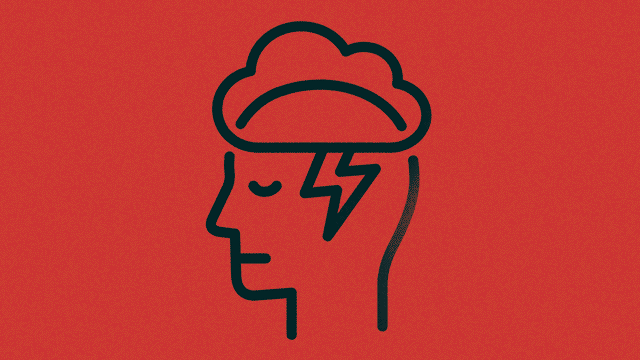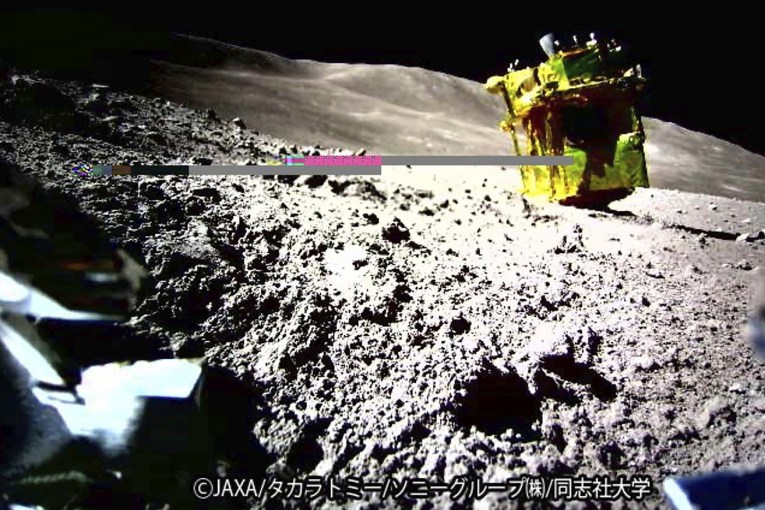False realities: ‘Editing’ scary memories may soon treat PTSD


New research reveals a brain "edit" could help combat PTSD.
It’s dark, you’re walking alone and suddenly someone grabs you from behind.
You’re dragged into the darkness. Your pockets are emptied. And before you’ve had time to understand what’s happened, it’s already over.
From now on, you’re terrified of walking alone.
In these moments when our brains try to comprehend sudden or traumatic events, we often create poorly formed memories that can lead to post-traumatic stress disorder (PTSD).
But a study reveals there might be a new way to help some people recover – and it’s based around the idea of “updating” our brains.
PTSD can last for years, with triggers like the sound of a loud bang for a war veteran or a dark alleyway for a victim of crime that can bring back traumatic memories and intense fear even if they are perfectly safe.
But University of Technology Sydney researchers found brains can update or ‘edit’ foggy memories with new information that might reduce our fear of certain environments.
“You can see how it might apply to PTSD from a terrible experience where you didn’t have enough time to encode the environment beforehand and you cannot extinguish that fear,” UTS study co-author Professor Bryce Vissel told The New Daily.
“Our theoretical model explains when and how you might end up having this generalised fear (where you are terrified of all places that remind you of a bad experience) and when you might be able to overcome it.”
The study suggests that when a person forms a poor memory from a sudden traumatic event, the brain can reactivate that memory in a similar situation and update it, causing the memory to become incorrect – and potentially less fearful.
It could also have implications in the courtroom when witnesses are relied upon to remember details of a traumatic event.
“If you see someone suddenly get shot and you’re a witness, then the trauma of the experience – without enough time to understand what happened – means your memory is not very accurate,” Professor Vissel said.
“Humans can reimagine experiences, so during interrogation when investigators might suggest certain events, your memory could be updated with new information.”

Scientists have made a discovery that might help people recover from PTSD. Photo: Getty
As part of the six-year study, the researchers introduced mice to a space for 30 seconds before giving them a sudden fright.
Later, they introduced the mice to a different space that looked very similar to the first one, but was not dangerous.
Upon entering the second space, the mice froze with fear for an entire 30 minutes, paralysed with anticipation that they were going to be shocked again even though they were completely safe.
This is because the mice – just like the person who was robbed in an alley – didn’t have enough time to process their environment properly before they were given a sudden fright.
Their poorly formed memories meant their brain couldn’t tell the difference between the dangerous space and the safe one.
But when the mice were placed back into the initial environment where they were given a scary experience, they moved around and explored it without a care in the world.
“They were happy as Larry,” Professor Vissel said.
The researchers found that while the mice were frozen with fear in the second space, their brains were busy updating their foggy memory of their initial traumatic experience with new – and incorrect – information.
By the time they re-entered the environment where they were first given a fright, their memories had been updated with false information that tricked them into thinking they were safe.
Though the scientists said their findings were “exciting”, they conceded much more research needed to be done to further explore and understand their observations.








